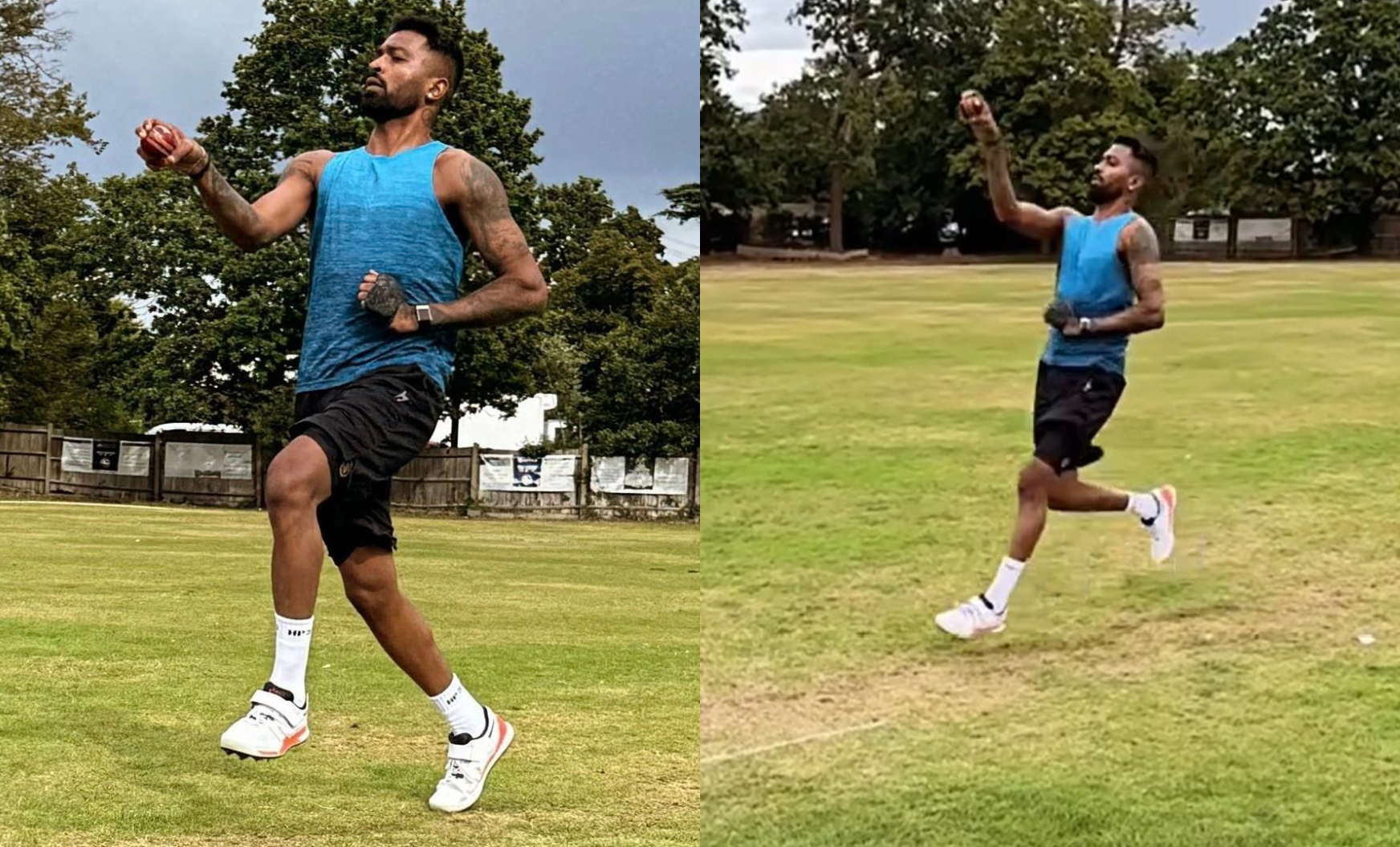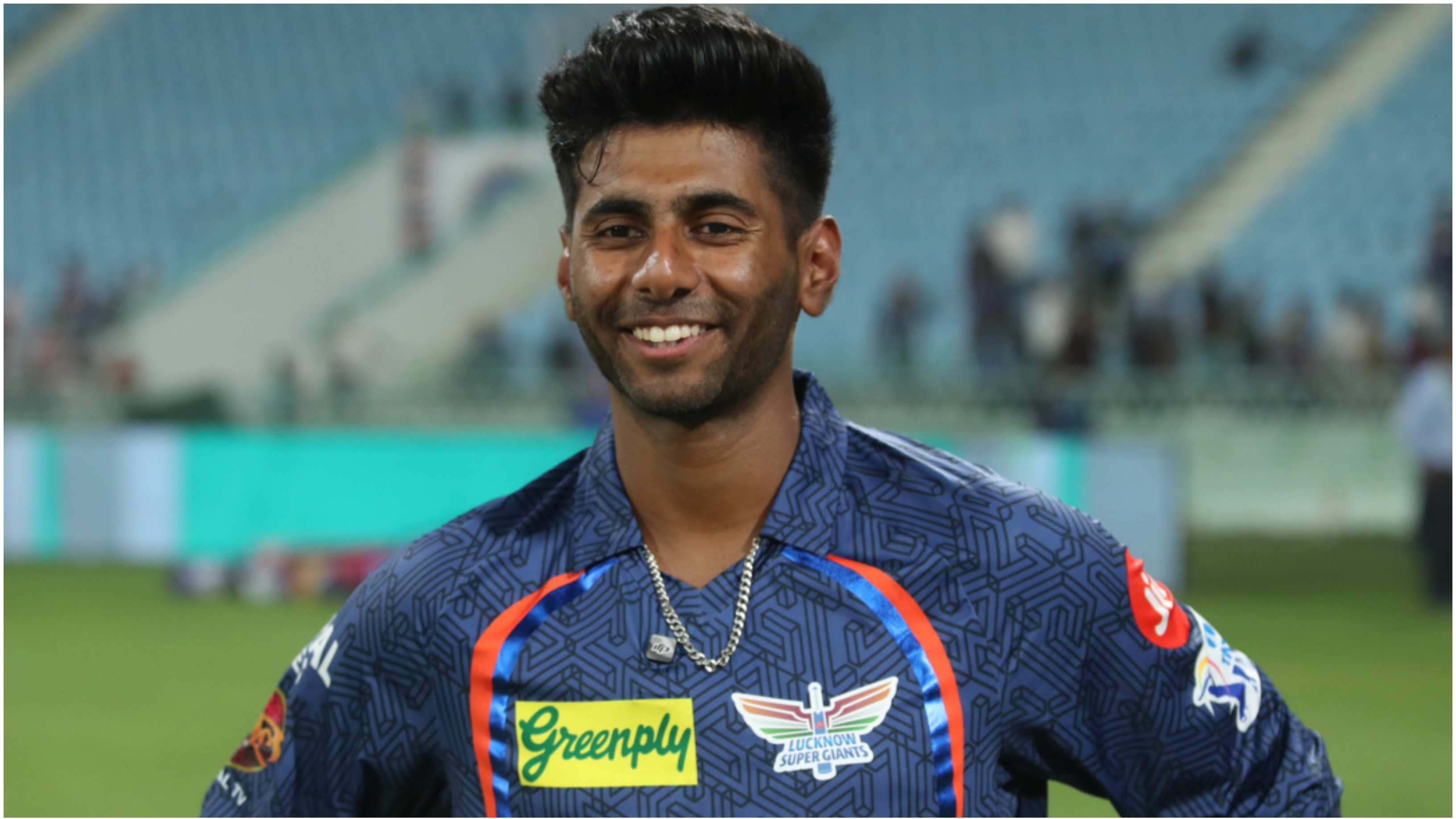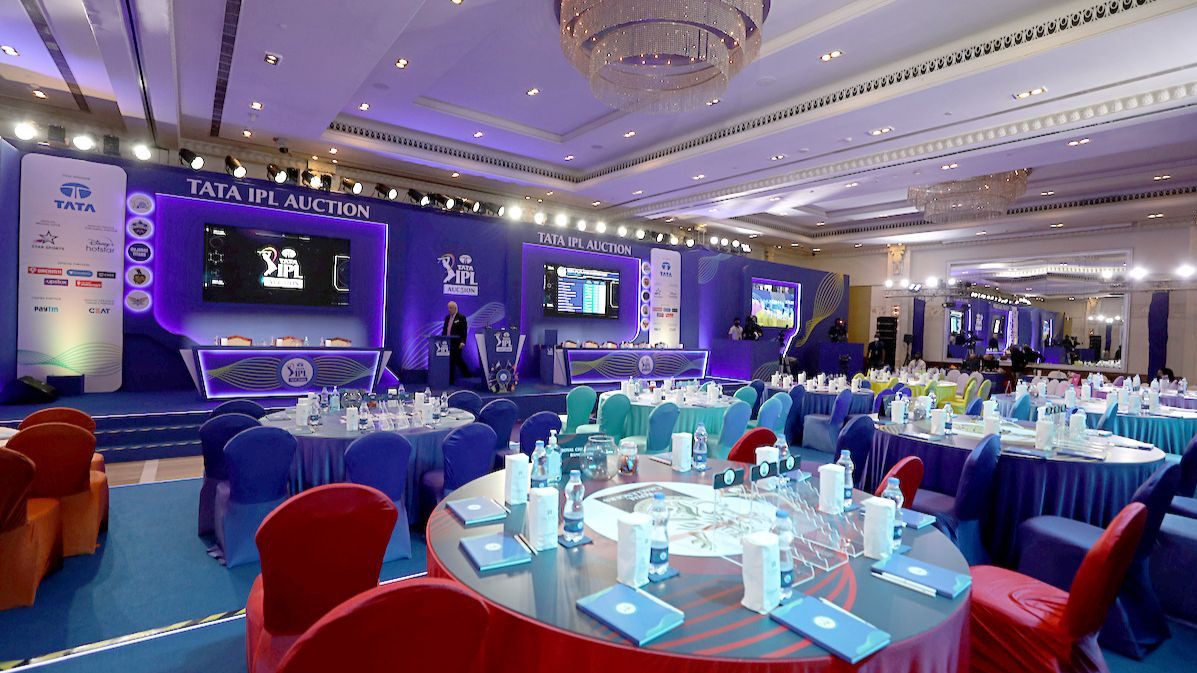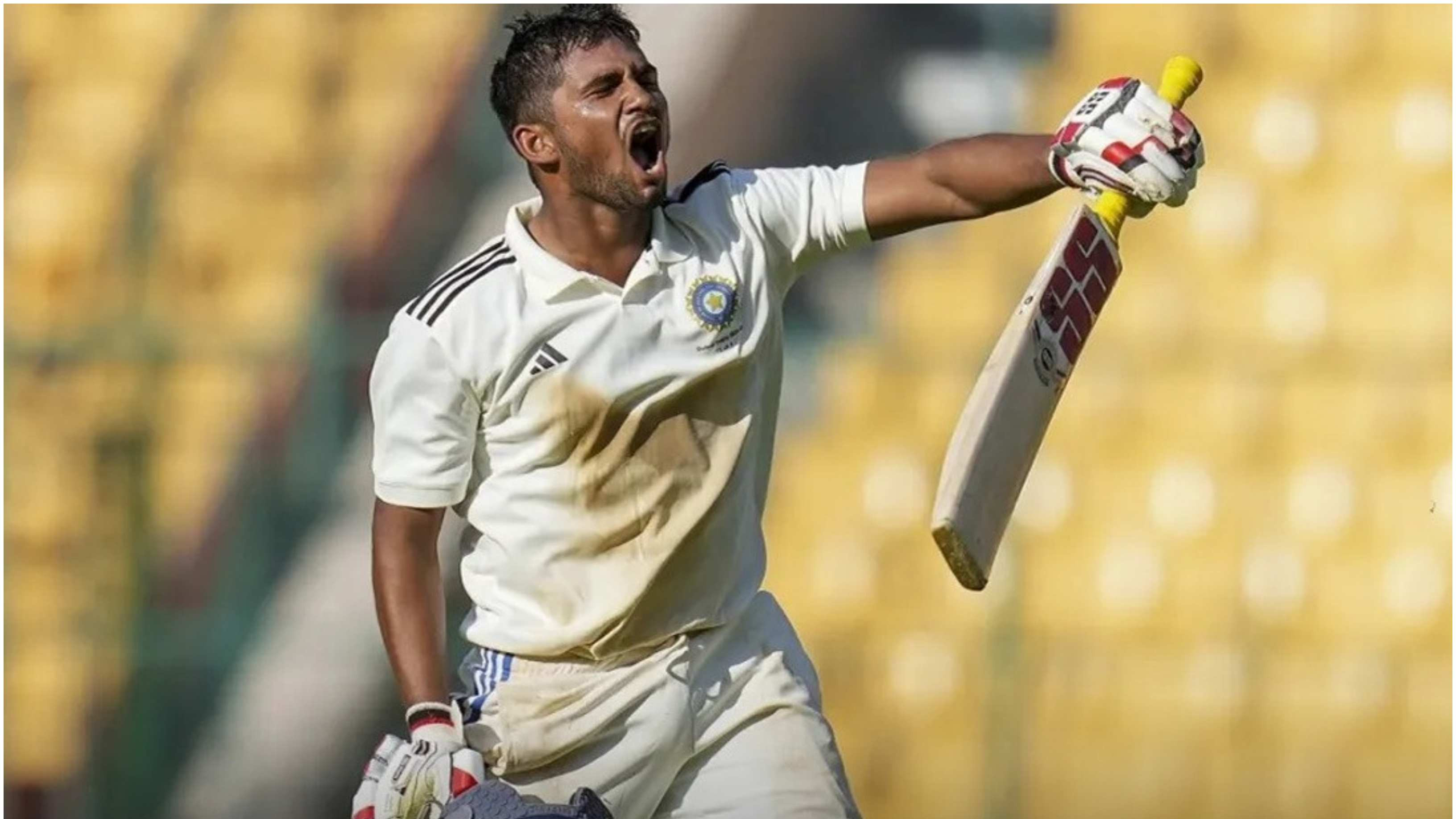
Hardik Pandya had a promising start to his Test career but persistent injuries forced him to prioritize white-ball cricket. His last appearance was in August 2018.
Earlier this month, Hardik shared pictures of himself bowling with a red ball, which sparked discussions over the all-rounder's potential Test comeback in the upcoming
In fact, there was also a report that claimed Hardik would return to first-class cricket in the upcoming Ranji Trophy season. His last first-class appearance for Baroda came way back in 2018.
Amid the speculations, former India wicketkeeper Parthiv Patel has revealed the true picture behind Hardik Pandya practicing with the red ball.
Speaking on JioCinema, Parthiv stated that Hardik was forced to practice with the red ball since the white ball wasn't available. He further insisted that Hardik's body won't be able to bear the load of multiple-day matches.
“I'm not looking at Hardik Pandya (in Tests). He was practising with the red ball only because the white ball wasn't available. I don't think his body allows four-day and five-day matches. He has to play at least one first-class game (before being considered for selection in Tests), which is very unlikely,” Parthiv said.
Hardik's potential comeback was up for debate as the play was delayed due to rain on Day 2 of the second Test between India and Bangladesh in Kanpur.
India will play eight more Test matches in the next four months. The ongoing two-match series against Bangladesh will be followed by three Tests against New Zealand at home in October-November and then five Test matches as part of the Border-Gavaskar Trophy in Australia.
According to Parthiv, India missed an opportunity to hand Yash Dayal a Test debut in the Bangladesh series as it would be difficult for the side to experiment with the combination against New Zealand.
“The second Test was an opportunity for India to use Yash Dayal. And no, I'm not undermining Bangladesh, but if this Test match ends in a draw, it is very important to address that the next series will be against New Zealand, and then they won't be in a position to experiment,” he opined.



